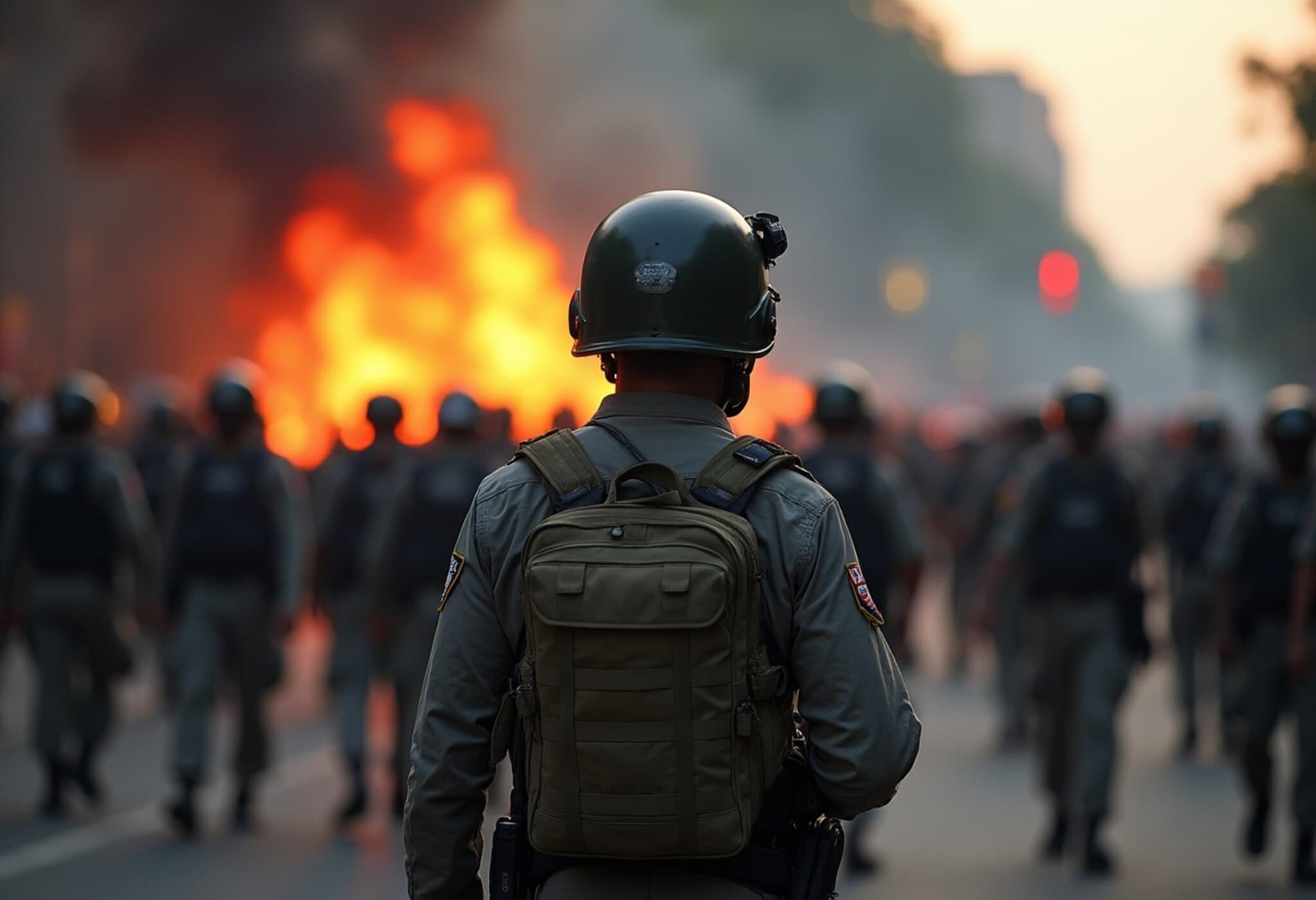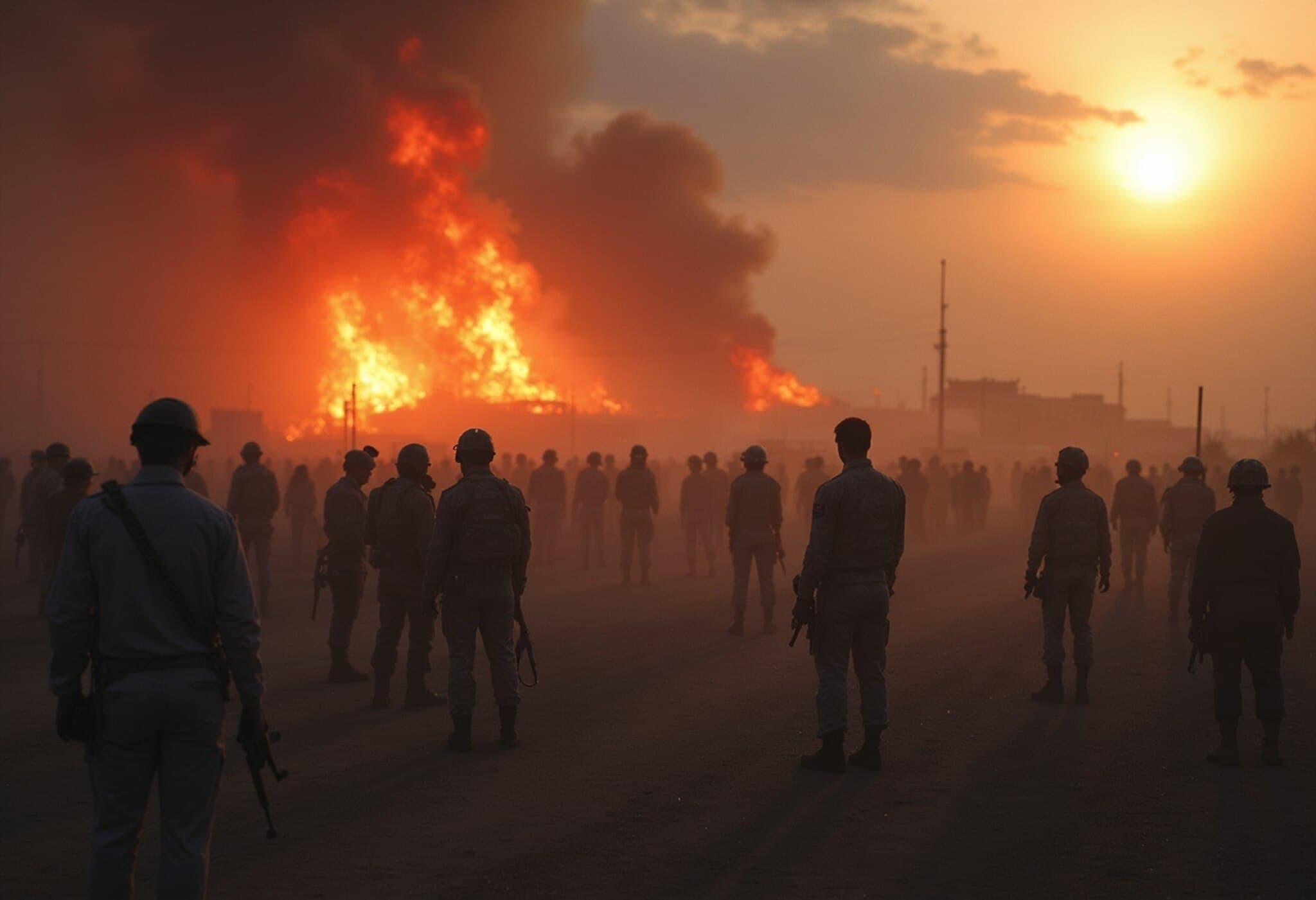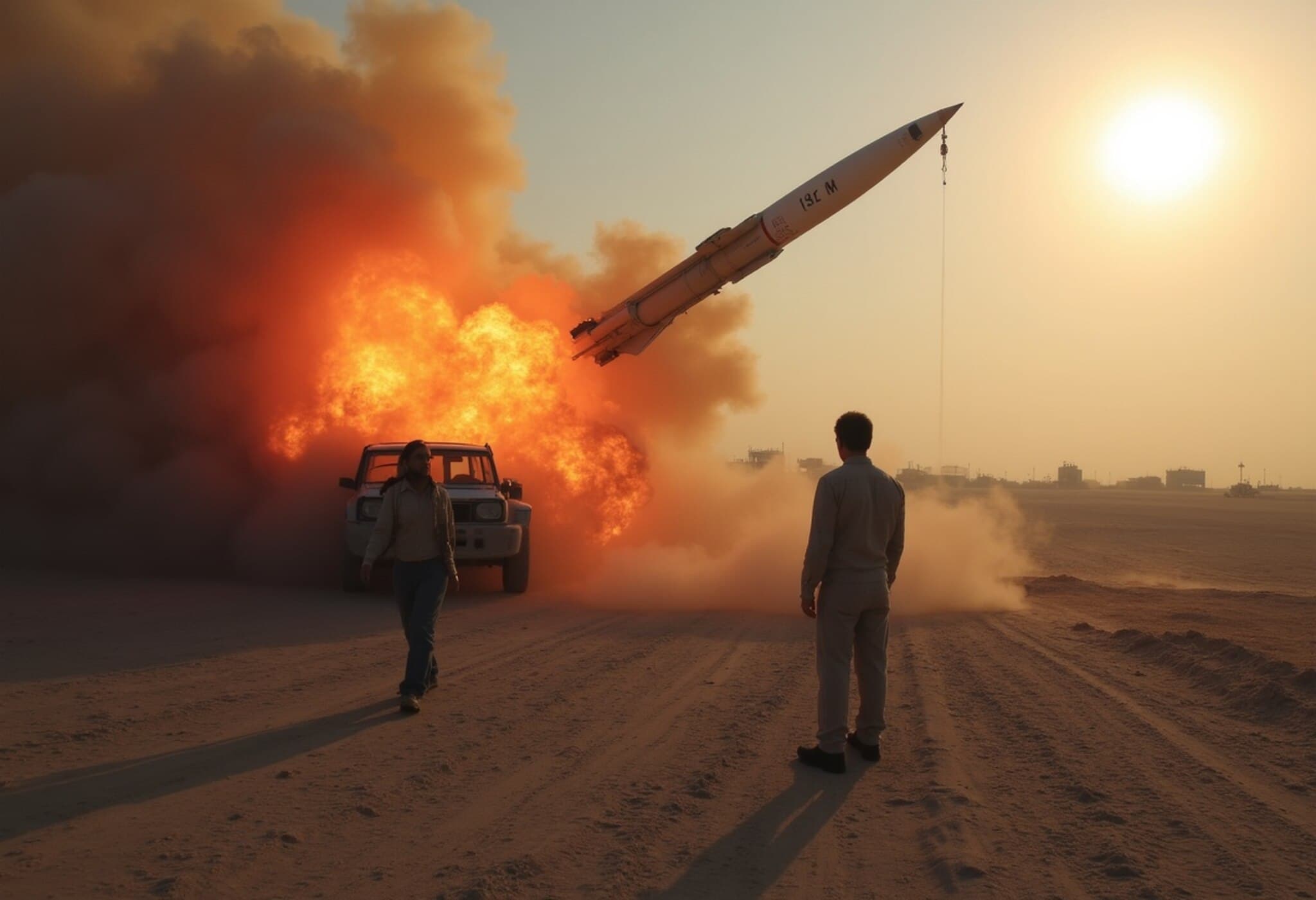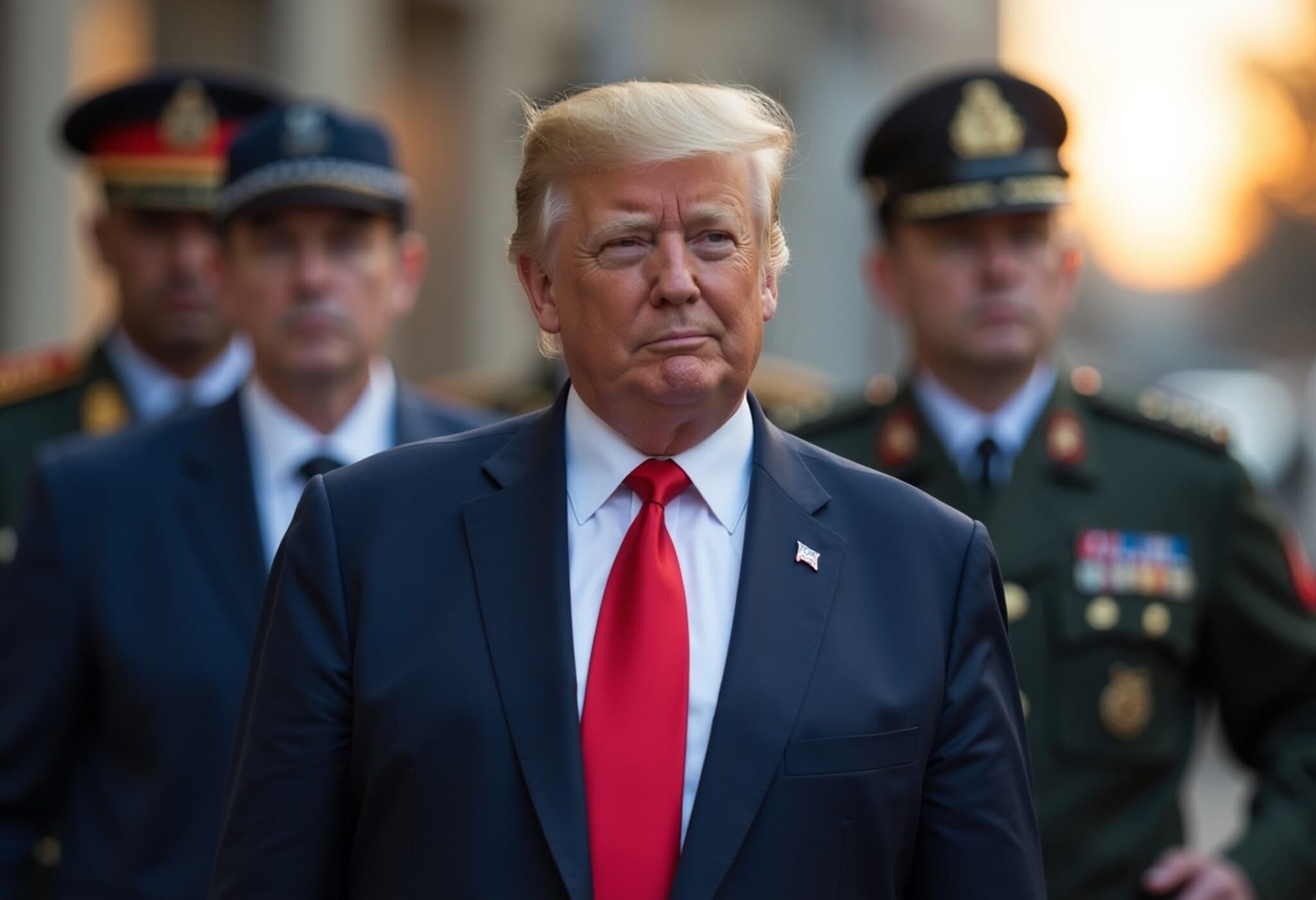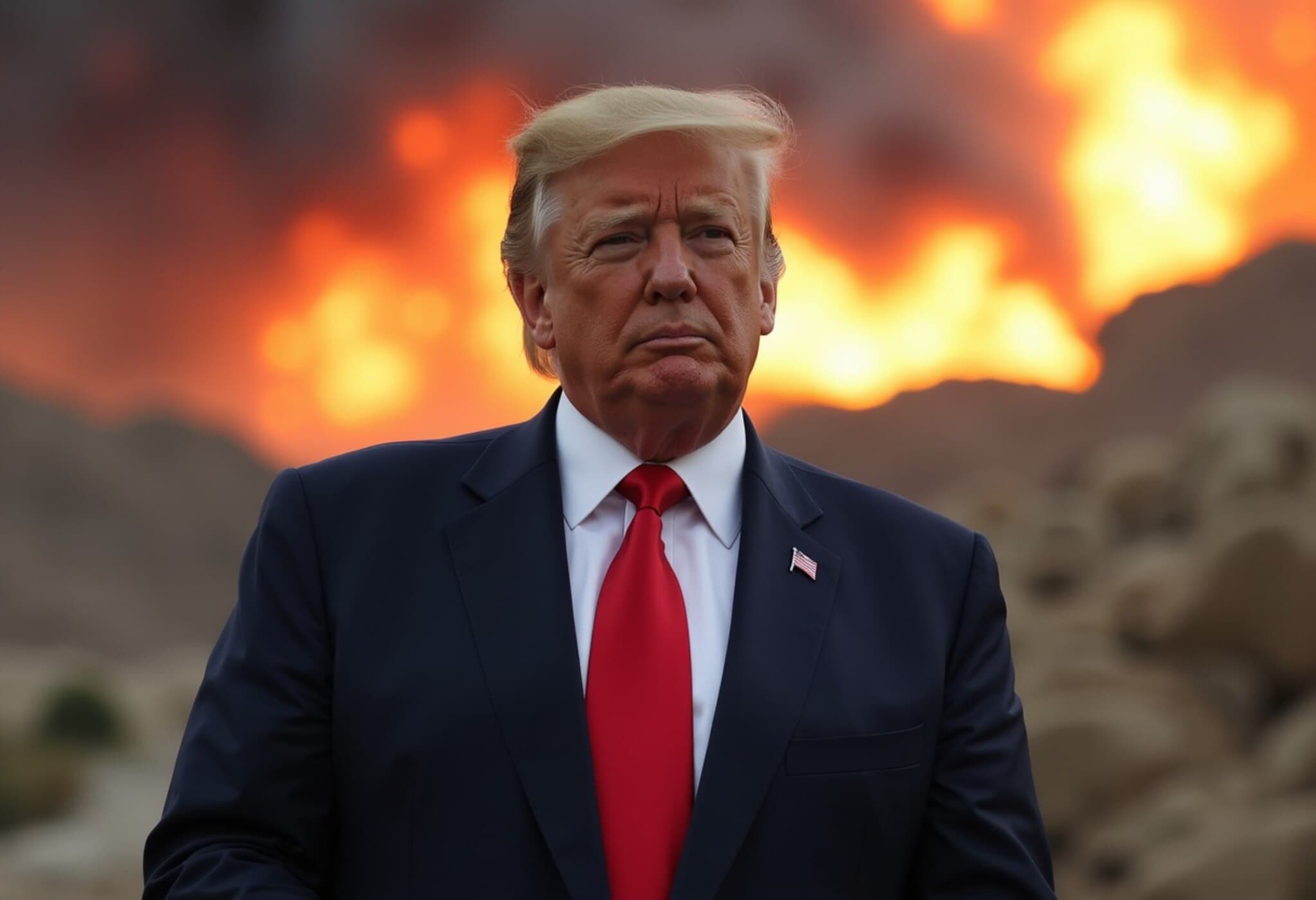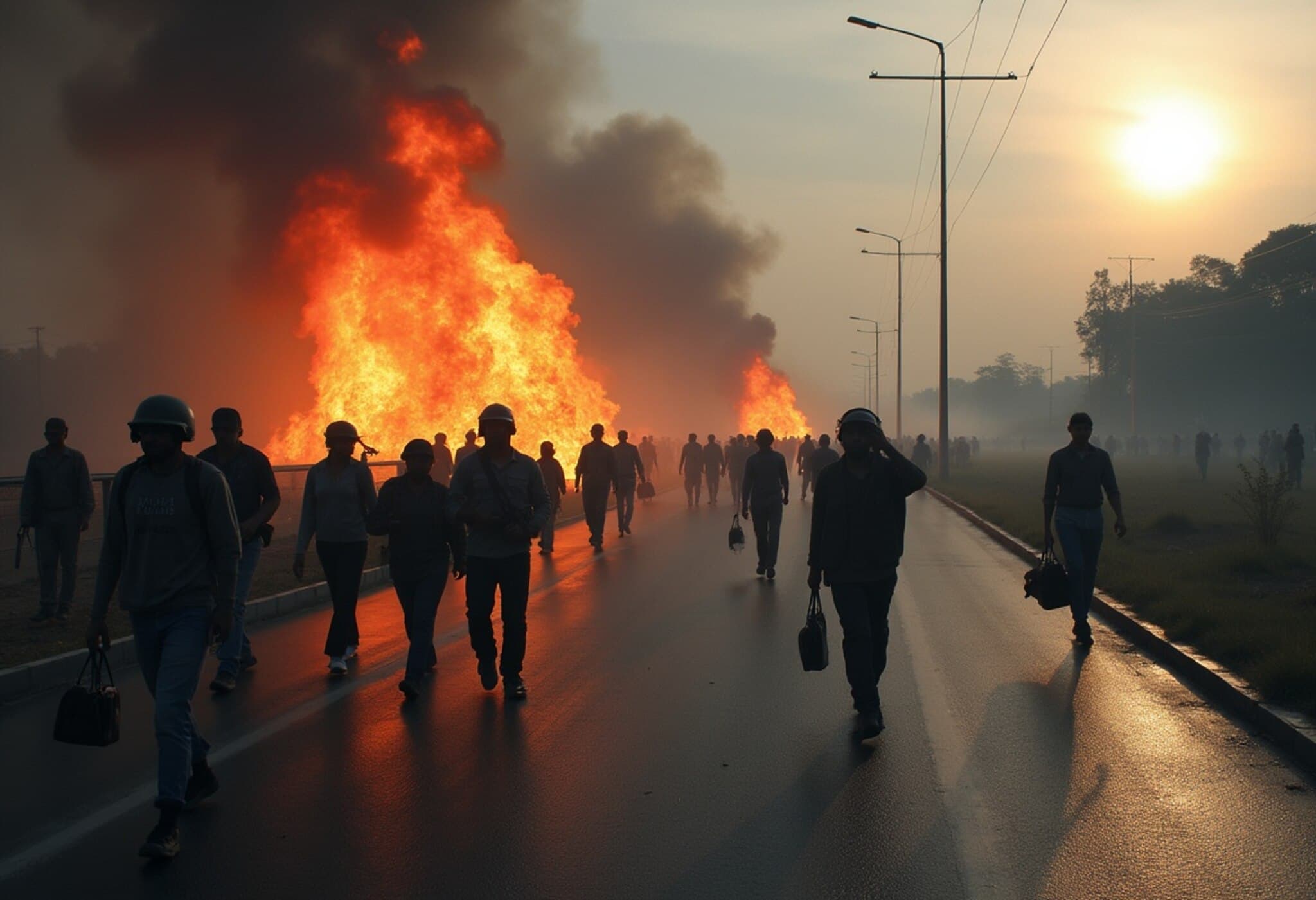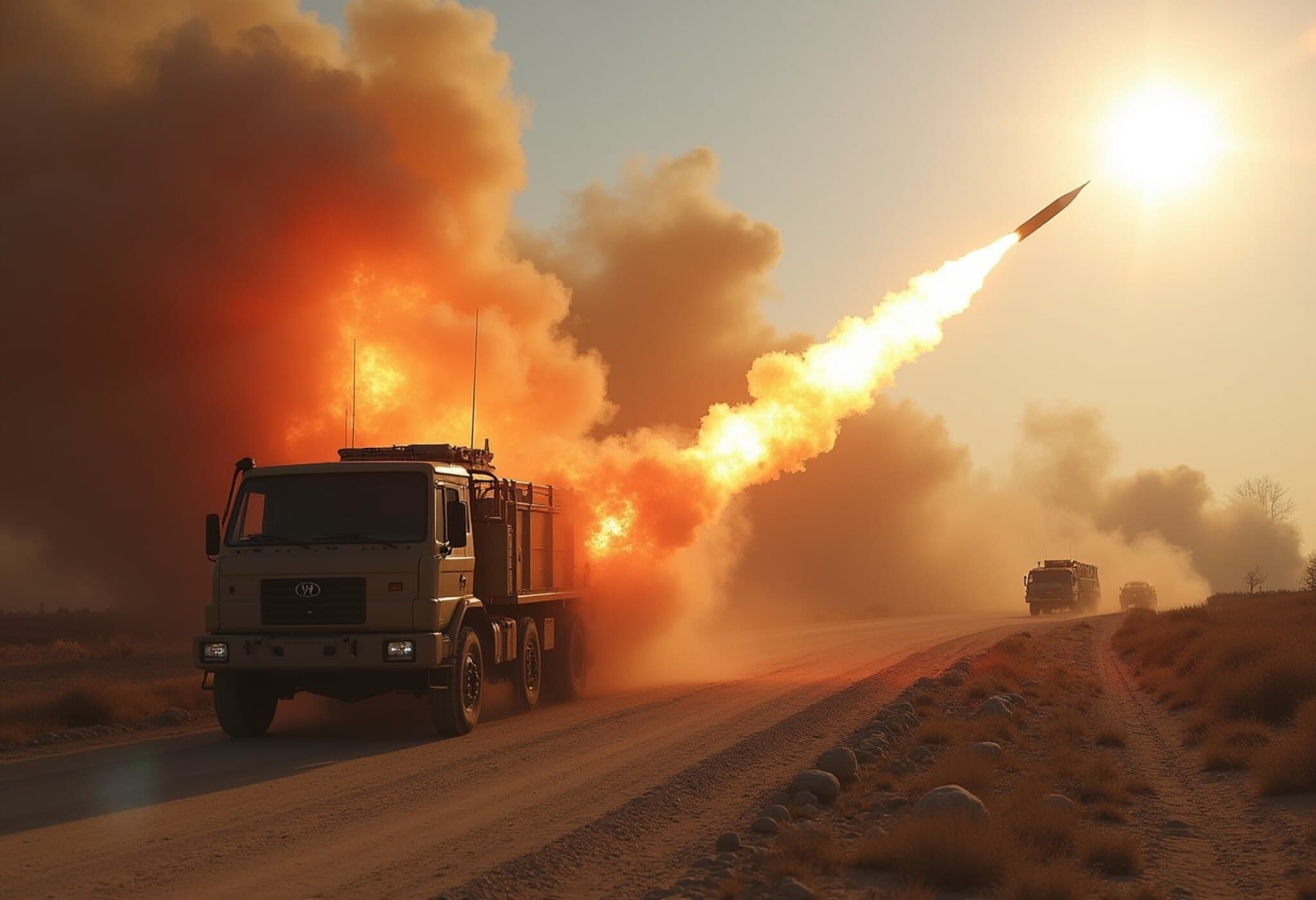Indian Embassy Issues New Travel Advisory Amid Heightened Iran-Israel Conflict
In response to escalating hostilities in the Middle East, the Indian Embassy in Tehran has released a cautionary travel advisory, urging Indian nationals to avoid non-essential travel to Iran. This move underscores the growing security concerns following a dramatic spike in conflict between Israel and Iran.
Context Behind the Warning
The advisory comes on the heels of "Operation Rising Lion," initiated by Israel on June 13, 2025. This military campaign specifically targeted Iranian nuclear installations, including sites in Tehran and other strategic locations. In retaliation, Iran launched drone and missile strikes against Israeli territory, significantly intensifying regional instability.
Further complicating tensions, the United States has joined Israel in conducting airstrikes on Iranian nuclear facilities at Fordow, Natanz, and Isfahan as of June 22, signaling a deeper level of international engagement that heightens risks for foreign nationals in the region.
Details of the Indian Embassy Advisory
- Non-essential travel discouraged: Indian citizens are urged to reconsider plans involving travel to Iran due to volatile security developments.
- Heightened vigilance advised: Those already in Iran should closely monitor the evolving situation and avoid areas of potential conflict.
- Exit options available: Indian nationals wishing to leave Iran can utilize commercial flights and ferry services currently operational.
- Continuous updates: Travellers and residents are encouraged to follow further advisories issued by Indian authorities to stay informed.
The embassy's advisory, shared via its official social media channels, reads: "In view of the security-related developments over the past several weeks, Indian nationals are advised to carefully consider the evolving situation before undertaking non-essential travel to Iran."
Broader Regional Implications and Expert Insight
The Middle East's geopolitical fault lines have always posed complexities for foreign governments managing citizen safety abroad. This latest cycle of conflict raises critical questions about the protection of expatriates and diplomatic strategies to de-escalate tensions.
From a US strategic standpoint, the joint strikes with Israel on nuclear sites signal a willingness to take aggressive measures to curtail Iran's nuclear ambitions, but also ramp up the stakes for civilian security in the region. For Indian citizens — many of whom are students, traders, or professionals in Iran — the advisory is a prudent measure that balances diplomatic relations with on-ground realities.
Economically and politically, India faces a nuanced challenge: Iran remains a key player in energy supplies and regional connectivity projects like the Chabahar Port. However, safeguarding Indian nationals and ensuring stable diplomatic ties amidst a volatile environment requires careful, agile policy navigation.
What Indian Citizens in Iran Should Do
Indian nationals currently residing in Iran should:
- Stay updated on local news and Indian Embassy advisories.
- Keep travel documents and emergency contacts handy.
- Consider departing via available commercial flights or ferry services if safety concerns escalate.
- Maintain regular communication with family and embassy officials.
Editor’s Note
This advisory arrives at a crucial juncture where military operations intersect with civilian safety and international diplomacy. It underscores the delicate balance India must maintain while protecting its citizens abroad and advancing its foreign policy interests in a fractious region.
Readers and policymakers alike should consider the broader ramifications of such conflicts on global citizen welfare and the evolving dynamics of Middle East geopolitics. The ongoing situation calls for vigilant monitoring and a responsive approach to travel safety advisories.


